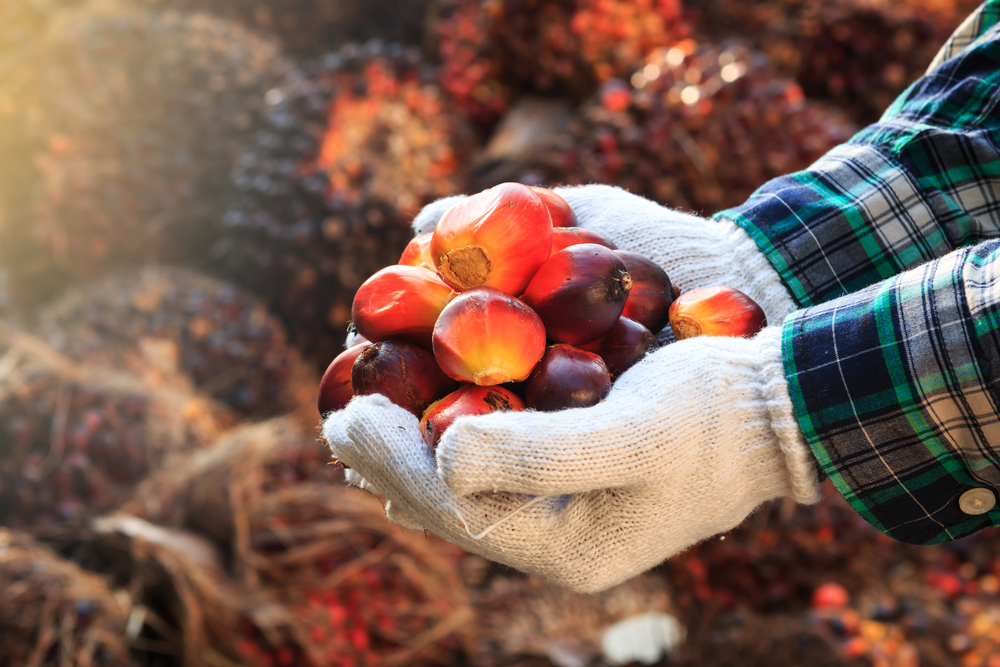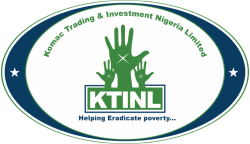AGRICULTURE
- Home
- Agriculture
AGRICULTURE
Agricultural growth is the key to Poverty Alleviation and Critical to economic prosperity. Agriculture is believed to spur economic and industrial growth and assist disadvantaged communities. We are aware of this thus our interest in the industry with full awareness that we can improve the livelihood of most families and or households in Nigeria directly and indirectly.
CASSAVA PLANTATION

It is second most important sources of carbohydrate in Sub-Sahara Africa after maize. Cassava is drought resistant, can be grown on marginal land where other crops do not do well, and requires little inputs. For these reasons, African small and poor farmers grow it widely as a subsistence crop. We shall encourage and conduct training workshops for local villagers who are interested in cassava plantation and capital sourcing techniques. We see ourselves making a contribution to the effort by the Nigerian government to rid her people from poverty.
Our efforts towards ensuring and facilitating this cassava plantation will result in an increasing number of villagers engaging in this plantation as individuals or groups thus promoting employment and ready market for the produce from the plantation as we shall be off-takers of the cassava for onward processing.
PALM OIL PLANTATION
Oil palm is a viable economic crop and provides a source of employment. It allows small landholders to participate in the cash economy and often results in traditional practices, often due to the higher income potential of palm oil.
With the slump in oil prices and a slash in revenue inflows, Nigeria, the largest economy in Africa, is desperately in need of small holders farmers. We shall leverage on our relationship with the government to provide lands, which will also be shared among the locals and given incentives and employment opportunities.
Our aim is to make the country the leading producing of oil palm while creating huge employment (both directly and indirectly) opportunities and alleviating poverty in the country.

COCOA PLANTATION
This is the leading agricultural export of the country. This have seen continuous fall in cocoa farming and production due to little or no empowerment. Many small scale farmers and their families depend on cocoa for a living. However, most of them are faced with small lands with ageing trees that are becoming less productive, lack of knowledge and understanding, pricing discrimination due to lack of access to markets, good seeding, financial empowerment etc. through our numerous networks of partnerships and alliances with local and foreign companies, we shall be able to provide land, good seedlings, technology, training and workshops for these small scale farmers in other to alleviate them from abject poverty.
Our aim is to make the country the leading producing of oil palm while creating huge employment (both directly and indirectly) opportunities and alleviating poverty in the country.
INTEGRATED POULTRY FARM
Poultry has been identified as one of the agricultural practices that are easily practiced by the poor especially women in the rural areas or villages. This is because majority of the poor are familiar with poultry keeping, the investment is low, the turnover is fast etc.
Our Integrated Poultry farm will comprise of ; Hatchery, broiler house, slaughter house, packaging unit, cold room, feed factory or mills, etc. We shall also be installed with the state of the art equipment like the egg collection facilities, etc.
This project will be incomplete without the infrastructural development like paving roads, installing an electricity grid and adequate water supply etc. we shall also be providing training for both on-site managers, employees and local farmers to enhance their competency in all aspects of current or modern agro-practices.
We shall not only be dependent on the produce from our farm rather we shall welcome more suppliers of broilers, eggs etc for onward processing and sales to market. These will be purchased from them at a competitive rate thus providing guaranteed market for the various poor families.
SISAL (AGAVE SISALANA)
Sisal (Agave sisalana) plant of the family Asparagaceae and its fiber, the most important of the leaf fiber group. This plant grows best in moderately rich soil with good drainage and in warm moist climates. Sisal matures about three to five years after planting, depending upon the climate, yielding satisfactory fiber for seven or eight years thereafter and producing about 300 leaves throughout the productive period.
The sisal fiber is traditionally used for rope and twine, and has many other uses including paper, cloth, footwear, hats, bags, carpets, and dartboards. More interesting, the sisal fiber is highly demanded in Nigeria for the construction industry for decorative purposes to be specific.
CORN PLANTATION
Corn is a major field crop. It is a member of the grass family which is cultivated in diverse conditions and is one of the most common food crops in Nigeria. Recently corn has been a very profitable crop to grow because of relatively high yield as well as high prices received by farmers. Corn is used in many circles human and industrial consumption and animal feed. Corn Farming is very fast, thus providing opportunity for farmers to cash out within 120 days.
KTINL shall conduct workshops for villages as well as Smallholder farmers especially on the techniques. This effort shall promote Employment and ready market for the produce from the plantations as we shall also be off-takers of the produce for processing into other finished goods.
